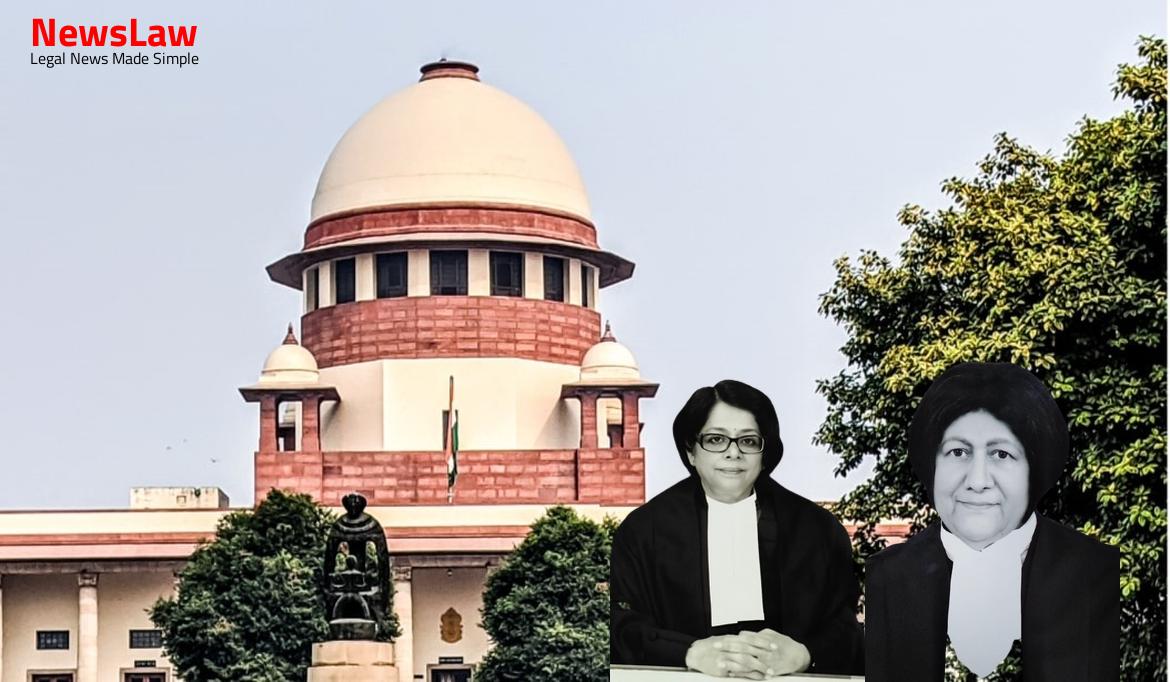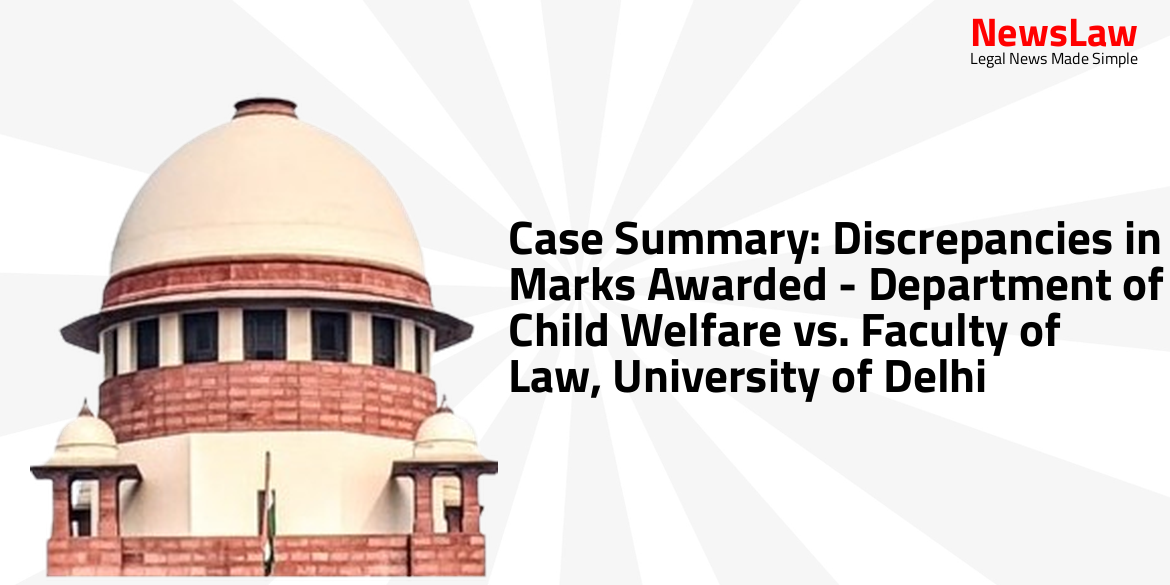In a recent case involving SEBI’s ex parte orders, the Tribunal’s legal analysis on the urgency required for such orders sets an important precedent. The Court’s affirmation of the Tribunal’s view highlights the need for SEBI to exercise its power ‘only in extreme urgent matters’. This case sheds light on the interpretation of SEBI’s powers under Section 11(4) of the SEBI Act and emphasizes the importance of aligning orders with statutory provisions. Let’s delve deeper into the legal intricacies of the case.
Facts
- Statutory appeals have been instituted by the respondent against an interim order passed by the Whole Time Member of SEBI under various sections of the SEBI Act and Regulations.
- The respondent, who is the Chief Executive Officer and Managing Director of the company in question, was alleged to have sold shares based on unpublished price sensitive information, resulting in a notional loss to be avoided.
- The Whole Time Member quantified the notional loss and directed the respondent to credit the amount into an Escrow Account.
- An ex parte order was passed on 15 June 2020 due to concerns of diversion of notional gain made by the respondent, which was being investigated since 2017.
- The appeals arise from orders passed by the Securities Appellate Tribunal on 27 June 2020 and 23 July 2020.
- The Tribunal held that there was no urgency for passing an ex-parte interim order in this case.
- The investigation had been pending since 2017 and information was supplied on 28 November 2019.
- The Tribunal relied on its earlier decision to support its conclusion in the impugned order.
Also Read: Electoral Malpractices in Mayor Election
Analysis
- The petitioner, North End Foods Marketing Pvt Ltd, challenged the order passed by the Securities and Exchange Board of India (SEBI) which directed it to make an open offer to the shareholders of the target company.
- North End Foods Marketing Pvt Ltd contended that they were not the holding company of the target company and therefore were not obliged to make an open offer as per the SEBI regulations.
- SEBI argued that since North End Foods Marketing Pvt Ltd was exercising control over the affairs of the target company, it fell under the definition of a ‘person acting in concert’ and hence was required to make an open offer.
- The SEBI order was challenged on the grounds that it was contrary to the regulations and that it violated the principles of natural justice.
- The petition also raised a question on the interpretation of Regulation 3 of the SEBI Takeover Regulations, 2011, with regards to the definition of ‘person acting in concert’.
- SEBI has the power under Section 11(4) of the SEBI Act to pass ex parte interim orders in appropriate cases.
- The Tribunal concluded that SEBI should exercise this power ‘only in extreme urgent matters’.
- Despite the submissions made by the learned Solicitor General on legal questions, the Court affirmed the Tribunal’s conclusion based on the facts of the case.
- SEBI’s order must align with Section 11(4) of the SEBI Act
- Tribunal correctly set aside ex-parte order due to lack of urgency
- Tribunal’s interpretation of SEBI’s powers in the case should not be used as precedent
Also Read: Balancing Power and Transparency: Electoral Bonds Struck Down, Disclosure Mandated
Decision
- Affirmation of the Tribunal’s view on the facts
- Disposition of the appeals
Also Read: Recall of Resolution Plan Approval: Legal Analysis
Case Title: SECURITIES AND EXCHANGE BOARD OF INDIA Vs. UDAYANT MALHOUTRA (2020 INSC 647)
Case Number: C.A. No.-002981-002982 / 2020



